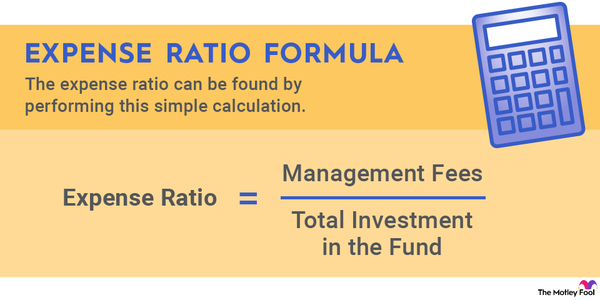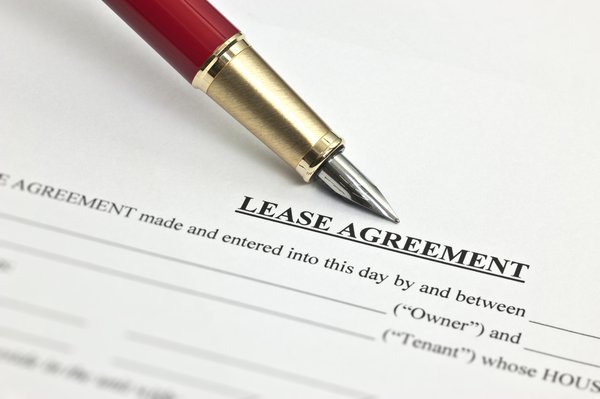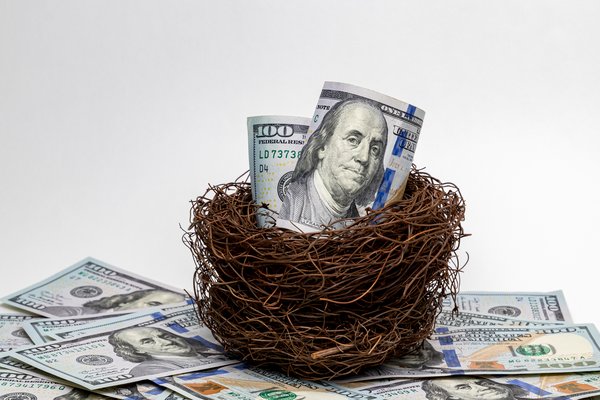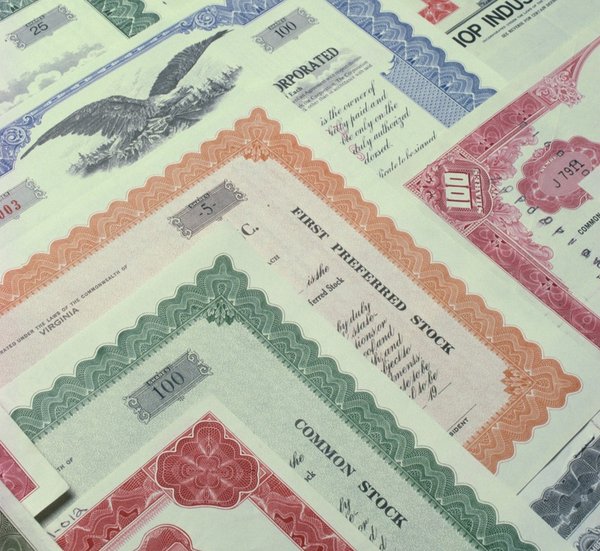The phrase "economic moat" was coined by Warren Buffett as a description of sustainable competitive advantages. Traditionally, a moat protects a castle from invaders. In business, a moat protects a company from a different kind of invader -- competition. However, not all moats are created equal.

Übersicht
What is a narrow economic moat?
As you might suspect from the name, a narrow economic moat is less protective than a wide economic moat.
According to Morningstar, a narrow moat implies a company can fend off rivals for 10 years. It considers a wide moat to be one that lasts more than 20 years.
The timeline is just an estimate, however. The point is that a narrow moat is not as strong as a wider moat.
What creates a narrow moat?
What could give a company a narrow moat?
Wide moats might be easier to identify than narrow moats since there's typically more evidence when a company has a strong competitive advantage.
Wide economic moats tend to belong to companies that have led their industries for decades and have other entrenched advantages that allow them to own a majority of market share in an industry, a clear way of locking out competitors, or a method of locking in customers.
Intellectual property like a patent, a favorable relationship with a government agency, or a long-term technological advantage can all constitute a wide economic moat.
A narrow economic moat, on the other hand, stems from an advantage that is more fleeting. This could be something that appears stronger than it is, such as customer or supplier relations, or something more subjective like a brand. There's also a risk of technology disrupting what appears to be a wide economic moat. Kodak, for instance, dominated the market for photo film for generations, but the rise of digital cameras and then smartphones eliminated the need for film cameras.
What separates a narrow moat from a wide moat is that a narrow moat is more likely to erode over time. A company's industry can also help determine the strength of a moat since some industries are less competitive than others.
Should you invest?
Should you invest in narrow-moat companies?
While a narrow-moat company may not sound as investable as a wide-moat company, investing in both is a good idea.
First, wide-moat companies tend to be easier to identify than narrow-moat companies, which means they are likely to be more expensive.
Many wide-moat companies also often start off as narrow-moat companies. After all, it typically takes time to create a moat. With time and effective management, a narrow-moat company can expand its moat to become a wide-moat company. A new product or a technological transition can help widen a company's moat. For example, the Apple (NASDAQ AAPL) iPhone transformed the company and strengthened its economic moat.
Finally, narrow-moat companies tend to represent a different set of industries than wide-moat companies, especially those with low barriers to entry and low switching costs, so investing in narrow-moat companies can help you diversify your holdings and still own stocks with competitive advantages.
Related investing topics
Example
What's an example of a company with a narrow moat?
Chipotle (CMG -0.41%) is one example of a narrow moat company. Although Chipotle has been a great stock to own over its history, most of its competitive advantage comes from its brand and reputation for a quality product.
The restaurant industry has low barriers to entry, typically low margins, and there are generally few switching costs. That makes it hard for companies to establish a competitive advantage, but branding is important in the industry, and it's probably the easiest way of establishing a narrow moat.
However, brand strength can change quickly. When Chipotle suffered an E. coli outbreak, its brand and performance went south, but the company eventually overcame those challenges and reestablished its brand and moat.
However, that moat could be challenged again by up-and-coming chains like Cava (CAVA -2.36%), or it could disappear if Chipotle has another unforced error.
The restaurant industry does not lend itself to wide moats, so even a superior operator like Chipotle can hope to have a narrow moat at best.






























